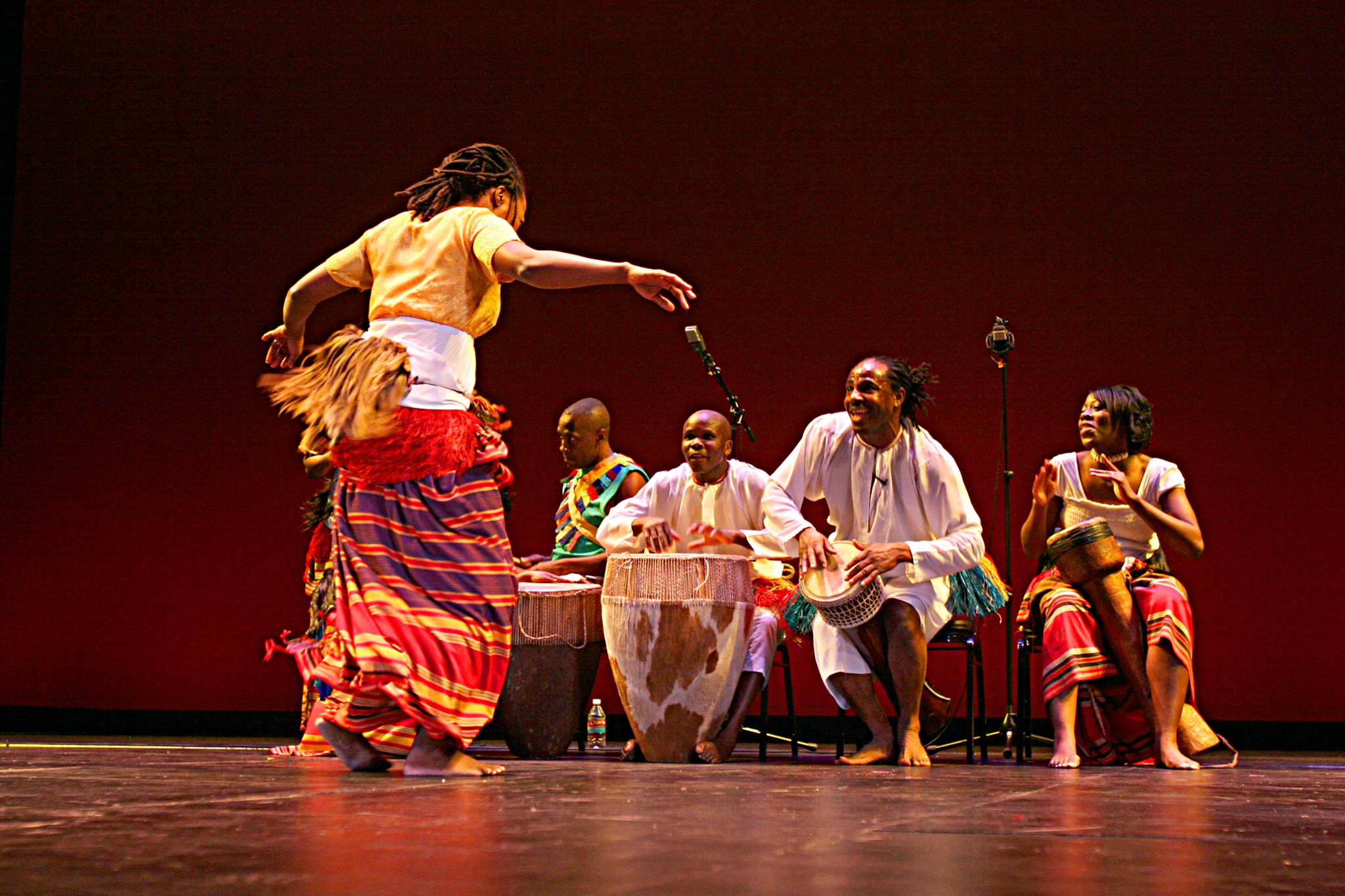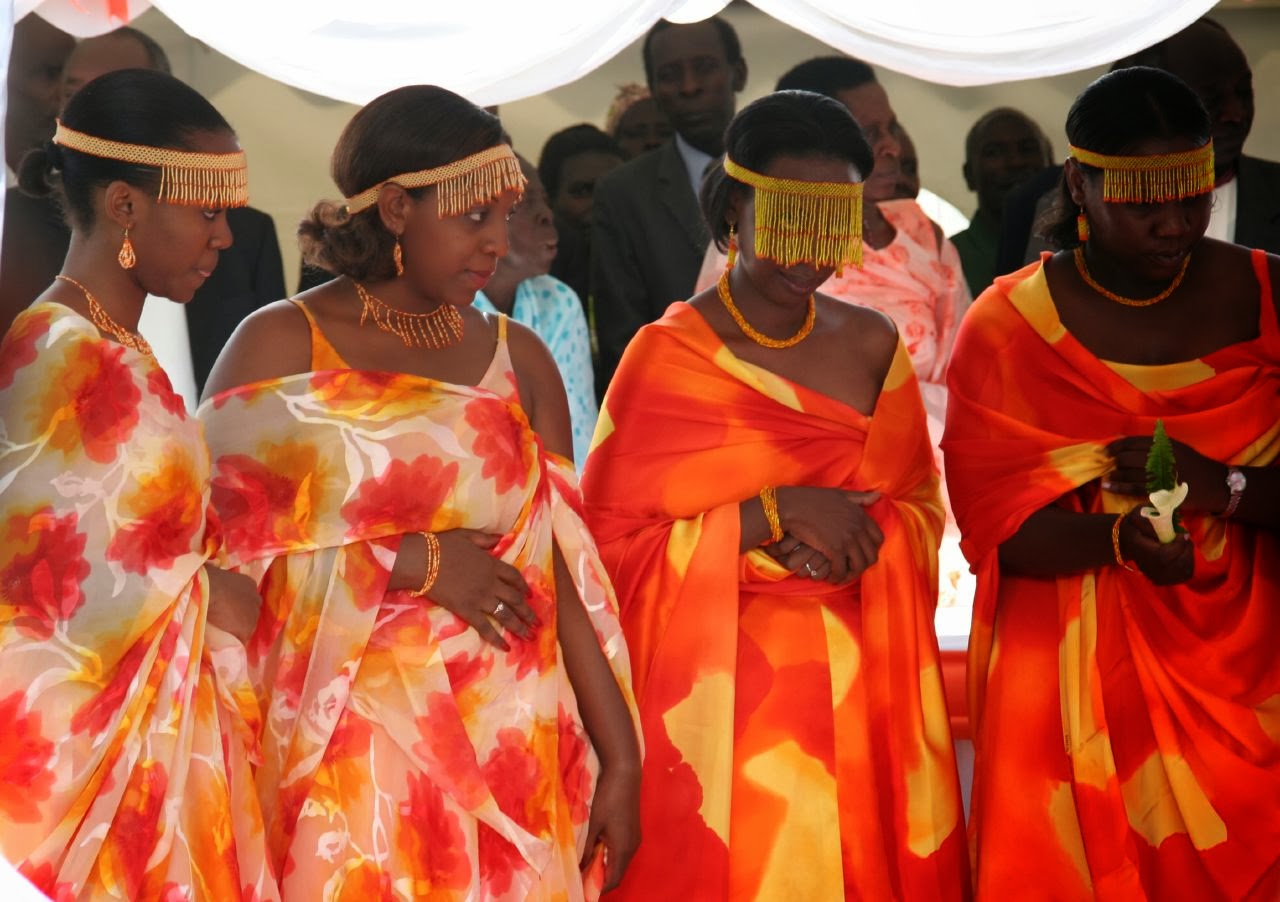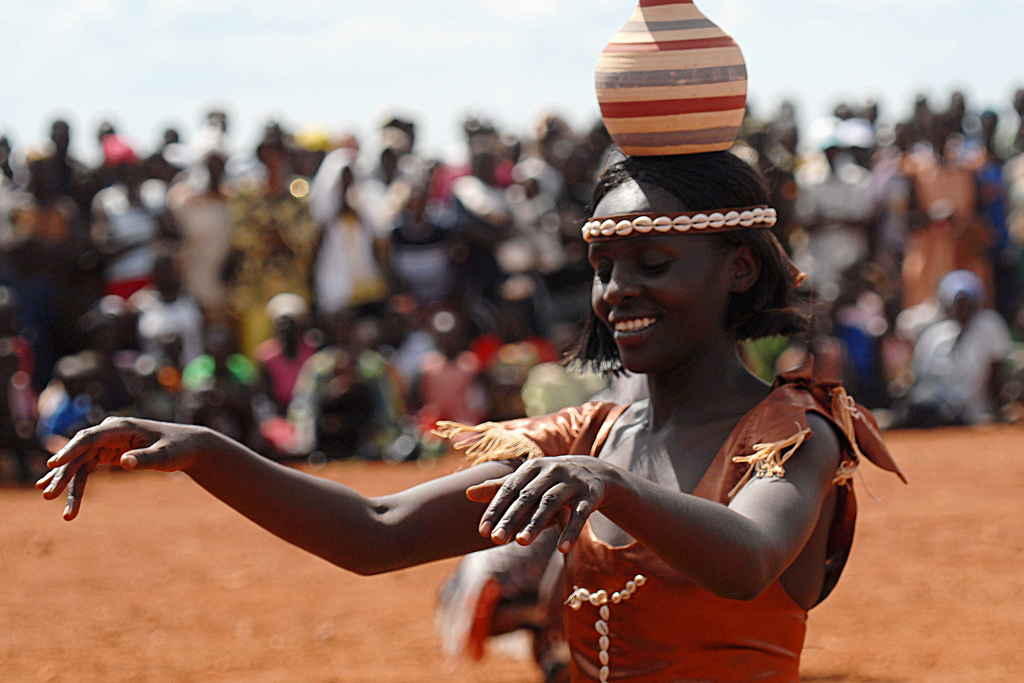Uganda Tribes : Uganda has four main ethnic groups and these include the bantu, the nilotics, the nilo hamites, and also the hamites. An ethnic group is defined as a group of people who share common heritage, language and also a cultural background.
The Bantu is the largest ethnic group in Uganda and some of the tribes who belong to the ntu ethnic group include the Baganda, Banyankole, Basoga, Bakiga, Batooro, Banyoro, Bagisu, Bagwere, Bakonjo among others. A big number of the tribes in the Bantu group live in the western part of the country. In the central part of Uganda the largest tribe is the Baganda who live around the city. The bantu live in the western and eastern parts of Uganda and they mostly practice cattle keeping and also farming. Some of the districts in Uganda where the Bantu live include Kampala, Mpigi, Mukono, Kalangala, Masaka, Mubende, Jinja among others.

Among the different tribes in Uganda, the Baganda have maintained their culture and the kingdom of Buganda is also still in existence today. The king of the Baganda is known as Kabaka and currently the Kabaka of Buganda is Kabaka Ronald Mwenda Muteebi.
In the western part of Uganda, the Banyankole are among the biggest tribes and they live in districts such as Mbarara, Bushenyi, Ntungamo among others. They are known for cattle keeping and particularly for long horned cattle.
Tribes which are part of the nilotes in Uganda include the Langim Acholi, Japhadola, Lulya, Alur, Jonam among others. The nilotes live in the northern part of Uganda. The Nilotics are also known as the Luo and they are said to have originated from South Sudan. The nilotics settled in Pubungu where they divided into two groups and one group followed Gipir and another group followed Labong.
Nilo Hamites in Uganda include the Teso, the Karamojong, Kumam, Kakwa, Sebei, Pokot, Labwor, Tepeth, Lugbara, Madi, Lendu among others. This group of people live in the eastern and north eastern parts of the country. They are said to have originated from the Ethiopian highlands. The Nilohamites are said to have originated from Ethiopia and they migrated to areas of Karamoja and then moved southwards.
The Hamites in Uganda include the Bahima who live in the western region of the country. The Batwa are said to be among the first groups of people to live in Uganda. In Uganda today the batwa live in areas such as around Bwindi national park and also around Lake Bunyonyi. They are known for being forest dwellers and tourists during tours to Uganda interact with the Batwa and get to know more about their way of life and culture.
There are different ethnic groups in Uganda and over 56 tribes. Different languages are spoken in the country. The official language in Uganda is English and other commonly spoken languages which are spoken include Swahili which is also spoken in other parts of East Africa such as in Kenya and Tanzania.
The different tribes in Uganda include the Acholi, Langi, Itesots, Basoga, Baganda, Bagwere, Bahima, Banyankole, Bakiga, Bagisu, Basamia, Sabiny, Basoga, Batooro, Banyoro, Pokoth, Jie, Bakonzo, Bafumbira, Babwisi, Ik, Batwa, Batuku, Kakwa, Karamojong, Dodoth, Jonam, Bagungu, Bahehe, Banyole, Bakenyi, Nubi, Napore, Bakwe, Bamba, Japadhola, Alur, Kuku, Baruli, Batagwenda, Banyabindi, Madi, Lugbara, Chope, Kebu, Kumam, Lendu, Vonoma, Nyangia, Bakukusu, Bahehe, Bahororo, Kebu, Bagwe, Mening.
Each of the tribes in Uganda have unique dances and their food also varies, the way of dressing, the economic lifestyle, the languages spoken vary although some of them share a few words in common.
The many tribes in Uganda make it worth visiting so as to get to know about each of their unique cultures and traditions as well as religious beliefs and cultural practices. The way of dressing is also different for the tribes in Uganda.
Some of the attires which are commonly worn in Uganda include the gomesi of the baganda which is usually worn by women attending traditional ceremonies while the men wear the Kanzu during these ceremonies.
For the tribes in the western part of Uganda the attire which is worn is the mushanana which is worn by tribes such as banyankole, batooro and also the batooro. Women from tribes in the western region also wear an attire known as busuuti especially during marriage ceremonies.
Marriage ceremonies in Uganda are also different for the various tribes. Aspects like bride price also vary for the different tribes and the process of getting married traditionally is also unique for the side of the groom and also on the side of the bride.
The type of food which is eaten by people from different tribes in Uganda also varies and they are known as staple foods. The food in Uganda includes matooke, millet, sweet potatoes, irish potatoes, posho, rice, yams, cassava among others. There are also various fruits to eat when in Uganda.

Traditional drinks are also prepared by various tribes in Uganda and some of the drinks are alcoholic while others are not. During leisure time in the different local communities, local drinks were shared especially among the men and this brought them together.
Cultural practices of different tribes in Uganda also vary. For example the Bagisu practice circumcision which is a way of initiation from childhood to adulthood for boys. Among the Bagisu, a male is not considered a man unless he is circumcised. This circumcision is done traditionally during a ceremony known as “Imbalu”. Another tribe in Uganda which practices circumcision is the Sabiny people who circumcise girls. Among the Baganda, the women go through a practice which is known as pulling.
There are also different cultural sites in Uganda and they include Amabere ga nyinamwiru caves, Igongo cultural center among others.


